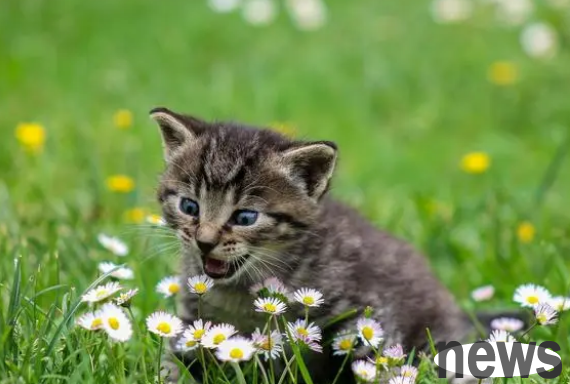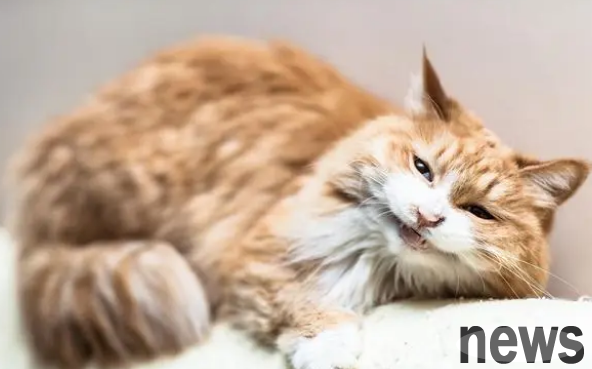What things should cats not eat 1. Onions/spots: Onions contain ingredients that damage cats' red blood cells. Although onions will not be fed separately, be careful not to mix them in the meat. 2. Internal organs: This is a cliché and is most l...
What things should cats not eat
1. Onions/spots: Onions contain ingredients that damage cats' red blood cells. Although onions will not be fed separately, be careful not to mix them in the meat.
2. Internal organs: This is a cliché and is most likely to cause pet skin problems, such as eczema, dander and skin itching. The same is true for cats. Eating excessive internal organs (such as chicken liver) can cause vitamin A poisoning and bone problems in cats. Therefore, it takes a long time to give them the liver they like to eat and change their taste.

3. Fish bones, chicken bones: Some people think cats can chew bones well, but in fact, cats don't chew food, but swallow them. Fish bones are at risk of stabbing and damaging the stomach, so it is more safe to get rid of them. Moreover, fish bones contain calcium and phosphorus, and long-term consumption will cause cat urinary stones.
Bones and other birds have relatively hard bones. When a cat bites it, some pointed fragments will be produced. These fragments can sometimes stab the cat's mouth or internal organs. Therefore, cats should avoid eating these bones unless they are softened or crushed with a pressure cooker and added to the feed.
3. Dried fish: Dried fish contain a relatively large amount of magnesium, which can easily induce and cause urethral stones or urinary system diseases in cats, so try to keep the cats from eating less. An adult cat needs about 0.3 to 0.5 grams of salt a day. Be careful not to overload salt in the cat's feed.
Meals for people: Our meals contain a lot of oil, salt and other condiments, and some even contain a lot of spices. These are not suitable for pets to feed. An adult cat or dog only needs to eat foods with a salt content of 5% or less. Too much oil and salt are not good for their health. Spicy meats are even worse. Meat with spicy ingredients will make cats feel slow and cause gastrointestinal discomfort. For example, the most common KFC chicken is something that cats are willing to eat, but don’t give it to it.
4. Ice cream, butter cake + dessert: In fact, ice cream, butter cake, dessert, rice dumplings, etc. are not necessary for pets to eat. Some contain too much sugar, and some are not easy to digest, which can easily cause obesity or diarrhea. In short, it has a great impact on the pet's stomach and intestines.

5. Chocolate: The cocoa alkali contained in chocolate can cause food poisoning. Chocolate poisoning can cause vomiting, diarrhea, frequent urination, excessive activity, accelerated heartbeat and breathing, and even eventually death due to loss of cardiovascular function. Be careful!
6. Milk + raw protein: This is the most common problem. In fact, many cat owners know that feeding cats with milk is not a good thing, but they also believe that only milk can give cats rich nutrition. The lactose content in milk is much greater than that in cat milk. The cat's body lacks an enzyme that decomposes and digests milk. The cat's stomach and intestines often cause diarrhea because it cannot absorb the enzyme in milk. Especially for kittens, remember not to feed milk.